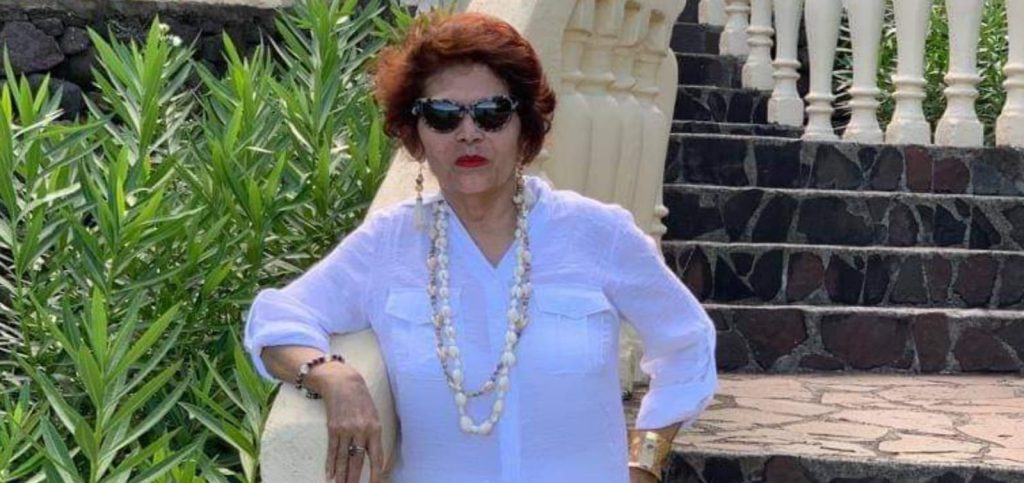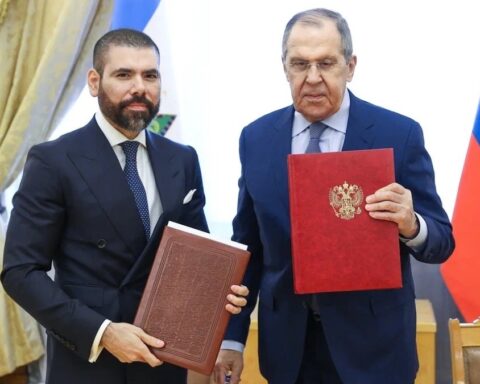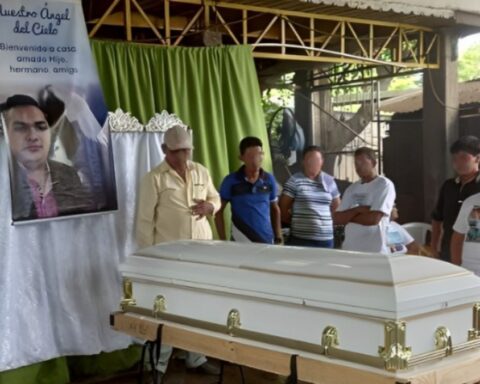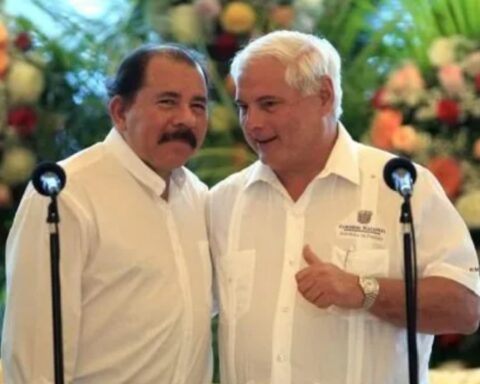The Inter-American Commission on Human Rights IACHR demands that the administration of Daniel Ortega provide specialized medical attention to women political prisoners and take the pertinent measures to guarantee their health and physical integrity.
In a releasethe agency expressed concern about the “serious deterioration” in the health of women deprived of liberty in Nicaragua and argued that “the State must provide specialized and urgent medical assistance” to the prisoners.
The IACHR reported that through the Special Follow-up Mechanism for Nicaragua (Meseni), they have been notified of “the serious health situation of women deprived of liberty in the context of the crisis, due to the lack of access to health services specialized and timely, deplorable conditions of detention and reprisals against them for being identified as opponents of the current government.
Related news: Political prisoners Evelyn Pinto and María Esperanza Sánchez urgently need specialized medical attention
According to the latest report of the Mechanism for the Recognition of Political Prisoners, as of April 30, 2022, there are 14 Nicaraguan women held hostage by the Ortega dictatorship.
The women in prison are: María Oviedo, Karla Vanesa Escobar, María Esperanza Sánchez, Suyen Barahona, María Fernanda Flores, Ana Margarita Vijil, Cristiana Chamorro, Samantha Jirón, Evelyn Pinto, Violeta Granera, Tamara Dávila, Dora María Téllez, Julia Hernández and Nidia Barbosa.
The IACHR insisted that the serious deterioration in the health of political prisoners Nidia Barbosa, Evenlyn Pinto, and María Esperanza Sánchez is “concerning.”
the defender Evelyn Pinto, 63 years old, since his arrest on November 6, 2021, he has not received specialized medical attention to treat the different chronic diseases he suffers. The political real must constantly receive a medical assessment because she is a cancer survivor, suffers from hypertension and chronic kidney failure.
In the case of the activist Maria Esperanza Sanchezbeneficiary of precautionary measures from the IACHR, remained hospitalized for more than five days in serious condition and without receiving specialized medical care or adequate medication in the medical center of the women’s prison known as “La Esperanza.”
For its part, the opponent Nidia Barbosa, 66 years old, she was admitted to the Intensive Care Unit (ICU) of the Amistad Japan Hospital in Granada and her relatives, given the serious state of health of Barbosa, requested to see the hostage of the dictatorship, however the corresponding authorities refused to this petition and argued that they could not provide information on the condition of the political prisoner.
The organization reiterates its concern about the serious situation of “the women detained in the new facilities of the detention center of the Directorate of Judicial Assistance, “El Chipote”, among them, older women, who are subjected to more isolated and incommunicado regimes. due to their status as women human rights defenders and activists.
Related news: Prison authorities, in silence before the “serious” state of health of Nidia Barbosa
“Likewise, they would have suffered a serious deterioration in their health due to the lack of sufficient food, access to drinking water and specialized medical care services in attention to their gender and age,” he continued.

In addition, the IACHR stressed that the administration of Daniel Ortega “must provide adequate medical attention to persons deprived of liberty, an obligation that derives from the right to personal integrity established in Articles 1.1 and 5 of the American Convention on Human Rights.”
The organization reminds Ortega “that the obligation of the State is to respect physical integrity, not to use cruel, inhuman treatment and to respect the inherent dignity of the human being, extends to guarantee access to adequate medical care for people deprived of freedom”.








